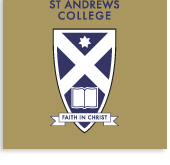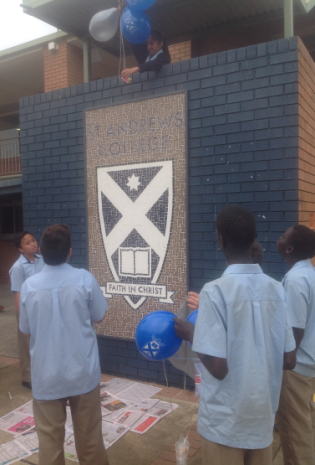|
|
“The important thing in Science is not so much to obtain new facts as to discover new ways of thinking about them.”
Modern examples:
· An 83-year-old woman is fitted with a jawbone made by a 3D printer.
· Spray-on skin is a successful treatment for burns victims.
· 3D imaging used as orthodontic templates rather than the alginate imprints.
· Existing data used to discover new planets and stars.
· Earthquake resistant buildings.
All these are examples of how scientists can change the world by thinking differently and there are many, many more examples.
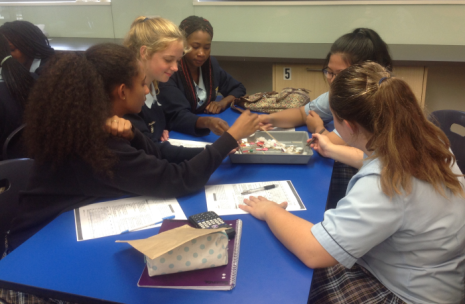 |
At St Andrews, all Years 7 - 10 students undertake Science. Students carry out research, conduct experiments, collect and critically analyse data, present information to an audience, use facts and data to support and develop their thinking and work collaboratively with others.
The development of teamwork, problem solving, analytical skills and communication skills that are learnt in Science are transferrable into the workplace and into everyday life.
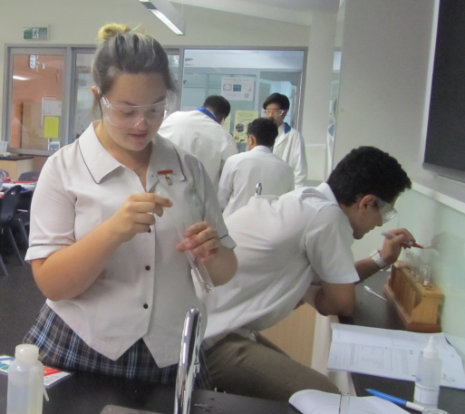 |
In Years 11-12 Science is no longer a compulsory subject. However future employers value the skills learnt in Science and look favourably on students who have undertaken a science course.
In Stage 6 the Science courses offered are Biology, Chemistry, Earth & Environmental, Physics and Senior Science.
Students who have no career aspiration in the scientific field or who have not decided on their career path should consider Senior Science. For those who intend to pursue a career in the field of science, engineering, industry, mining, medicine or nursing should consider the more specific science suited to their interests and needs.
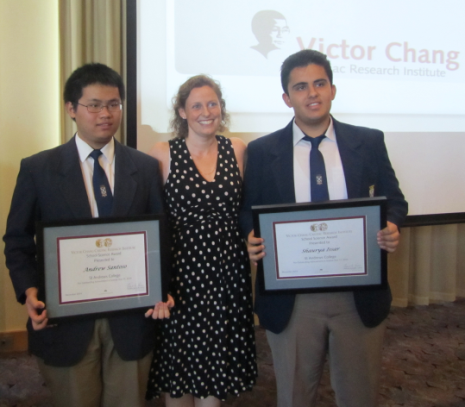 |
The study of Science develops and encourages people to think differently (outside the square). These skills are transferable and can be applied in a wide variety of different applications in the modern world.
